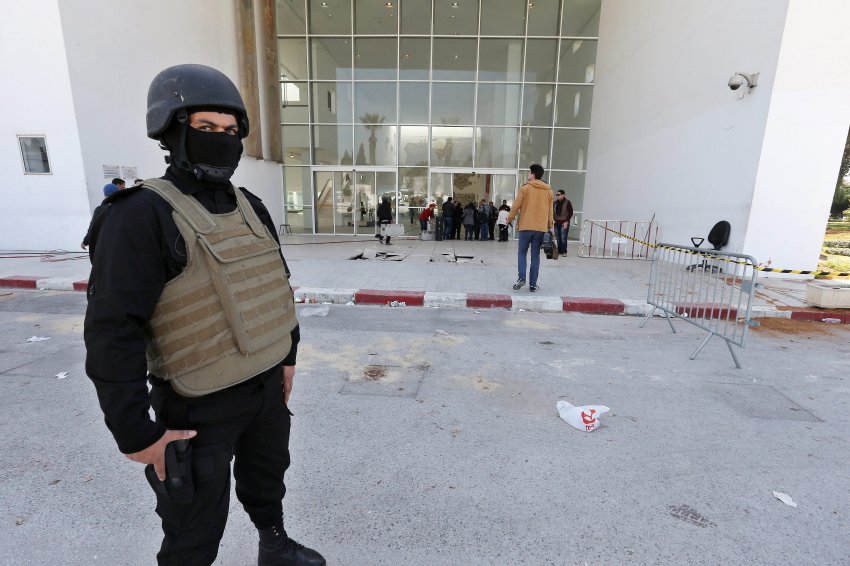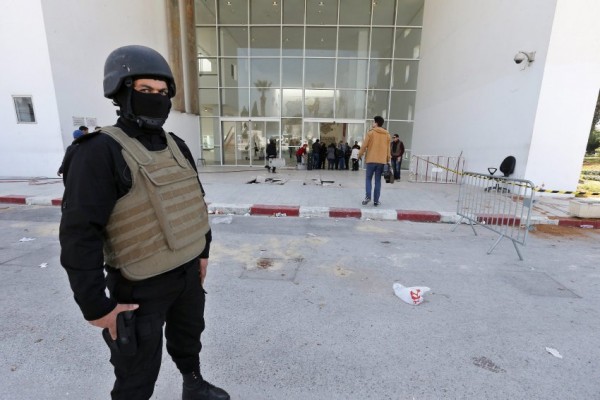
By: Monitor’s Editorial Board
Source: Yahoo News
Tired of all the news about jihadist attacks in Muslim countries – the beheadings in Libya, the killing of foreign tourists in Tunisia, the suicide bombings of mosques in Yemen or of churches in Pakistan, the terrorist strikes on police in Egypt or on the military in Saudi Arabia?
There is another side to these sensational events, one that is not as dramatic yet carries far greater import as militants like Islamic State step up their attacks in the Middle East and North Africa.
The alternative news lies in how each country reacts to any incident of mass violence, and whether the right kind of response can lead to a peaceful Muslim world.
Until recently, the most common reaction has been counterviolence – military raids on terrorist cells or radical Muslim groups, retaliation against particular tribes or sects, or even the alleged use of chemical weapons by Syria on Islamist fighters. Often a harsh crackdown only creates new recruits for extremist groups. In a few places, such as Yemen and Libya, violent reactions have helped create a failed and chaotic state, with little or no central authority.
A second response has been tighter controls on civil liberties. Egypt has reverted to dictatorship after its brief Arab Spring democracy, jailing liberal activists and leaders of the Muslim Brotherhood. The monarchies in the Gulf states have become more authoritarian. Pakistan, where a pro-Islam military holds much sway, has toughened its anti-blasphemy enforcement.
A third response has been to assert a peaceful brand of Islam – yet one largely defined by unelected leaders who rely on coercion for conformity to strict religious habits. In February, for example, Saudi Arabia held a conference of Islamic scholars in Mecca to counter the lure of Islamic State. The main message? Impose Islamic codes of behavior “in all life’s affairs.”
A fourth and far-less-common response is to put into practice the values of individual liberty and dignity through pluralistic democracy, with state tolerance for all types of faith.
Last year, Iraq responded to the threat of Islamic State by replacing an authoritarian Shiite leader with one promising to be more welcoming to minority Sunnis and Kurds. But Iraq’s attempt at inclusiveness remains a faltering experiment, similar to that in Afghanistan. And both countries still rely on the United States to strike back at militants and keep politicians in line.
The best example of this last type of response lies in Tunisia. While this small Mediterranean nation of 11 million is the birthplace of the Arab Spring, it only succeeded this year to finally create a coalition government, one that comprises parties of secularists, leftists, and Islamists operating under a popular constitution. When terrorists struck the Bardo Museum on Feb. 18 and killed 21 people, mainly foreign tourists, the country offered a stark alternative in its response.
Police reacted quickly to the attack, of course, and killed the two gunmen and began a search for others. But thousands of Tunisians gathered in the streets the next day, singing the national anthem and waving the national flag and anti-terrorist signs. A team of mental-health counselors assisted the survivors. Tunisia’s strong band of civil society groups mobilized to track the government’s response.
President Beji Caid Essebsi declared on TV: “We won’t win if we don’t stand together.” And the moderate Islamist Ennahda party called for a national conference on strategies to fight terrorism and for passage of laws that would reform and support Tunisia’s security forces.
Despite these unifying reactions, Tunisians remain on guard in case their government possibly politicizes the attack and uses it to restrict civil liberties or jail dissidents. The weakness of the security forces has been exposed. Cracks might open between the parties in the coalition.
Still, Tunisia’s reaction – an affirmation of the civic bonds that unite, not divide – stands out in the Arab world. For now, it also serves as a model. If other countries follow, it might even be bigger news than a terrorist attack.
The views expressed in this article are the author’s and do not necessarily reflect those of MuslimVillage.com.




